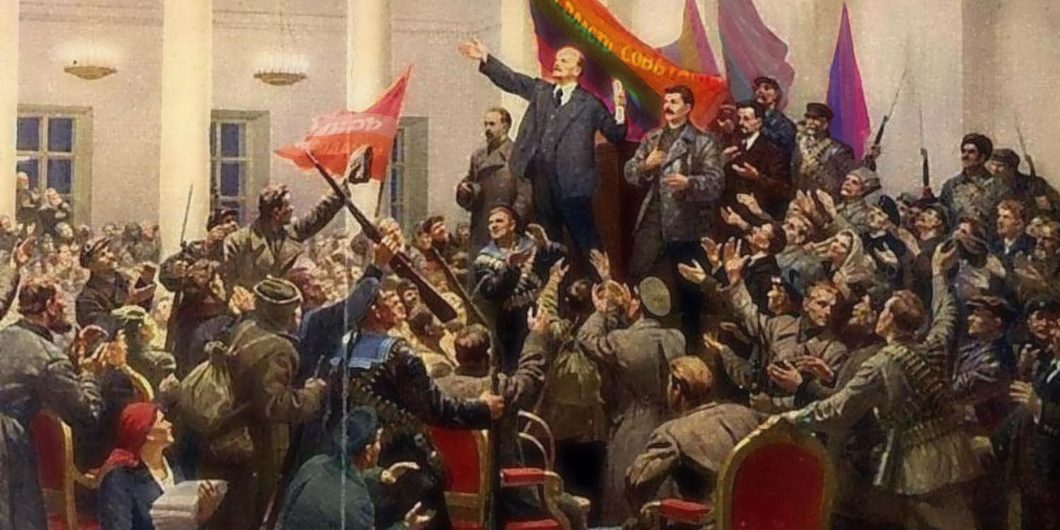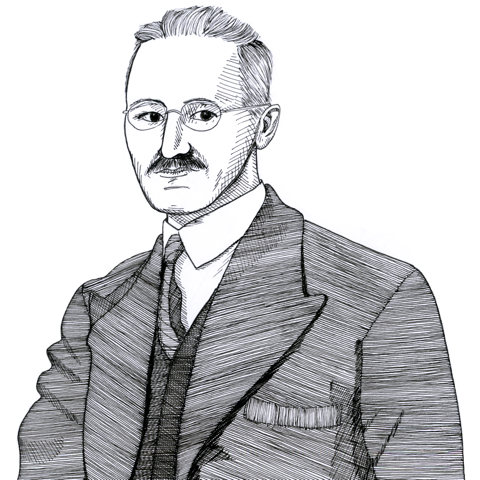
Socialism: An Economic and Sociological Analysis
- Ludwig von Mises (author)
- J Kahane (translator)
- Friedrich August von Hayek (foreword)
This is a newly annotated edition of the classic first published in German in 1922. It is the definitive refutation of nearly every type of socialism ever devised. Mises presents a wide-ranging analysis of society, comparing the results of socialist planning with those of free-market capitalism in all areas of life.
Related People
Key Quotes
Socialism & Interventionism
Socialism & Interventionism
Critical Responses

Book
On the Economic Theory of SocialismOskar Lange
Lange directly challenges Mises’ calculation problem, arguing that a central planner could simulate market prices through trial and error. He suggests that modern computing could help socialists allocate resources efficiently.

Book
Whither Socialism?Josepeh Stiglitz
Stiglitz critiques Mises from a modern information economics perspective. Argues that real-world capitalism also suffers from knowledge and incentive problems, not just socialism.
Connected Readings




Liberty Matters
Perspectives on Mises' Socialism After 100 YearsVirgil Henry Storr, Alberto Mingardi, Yana Chernyak, and Clemens Schneider


